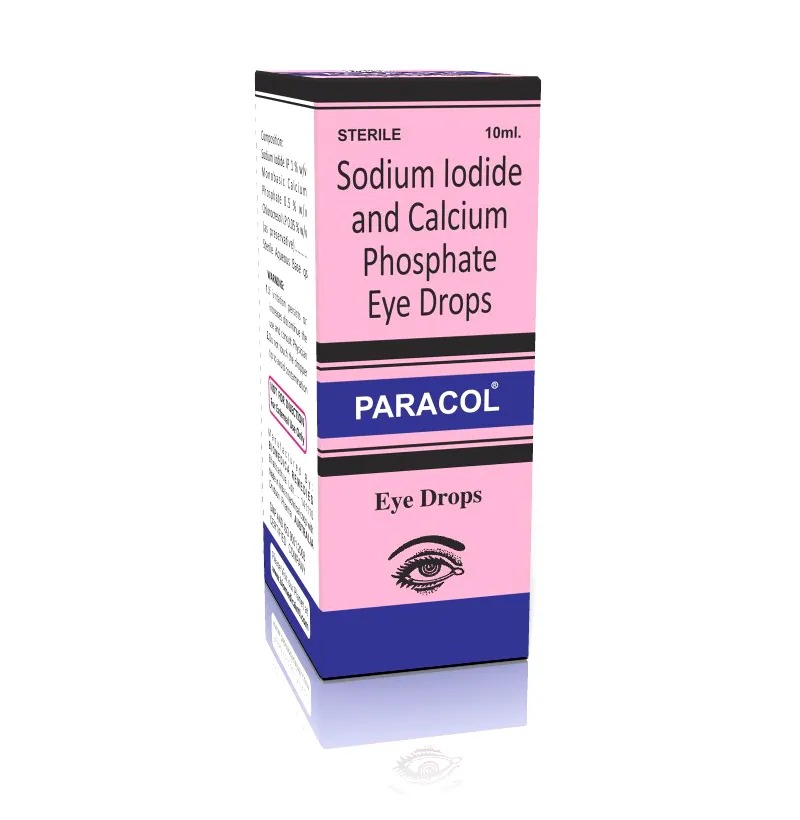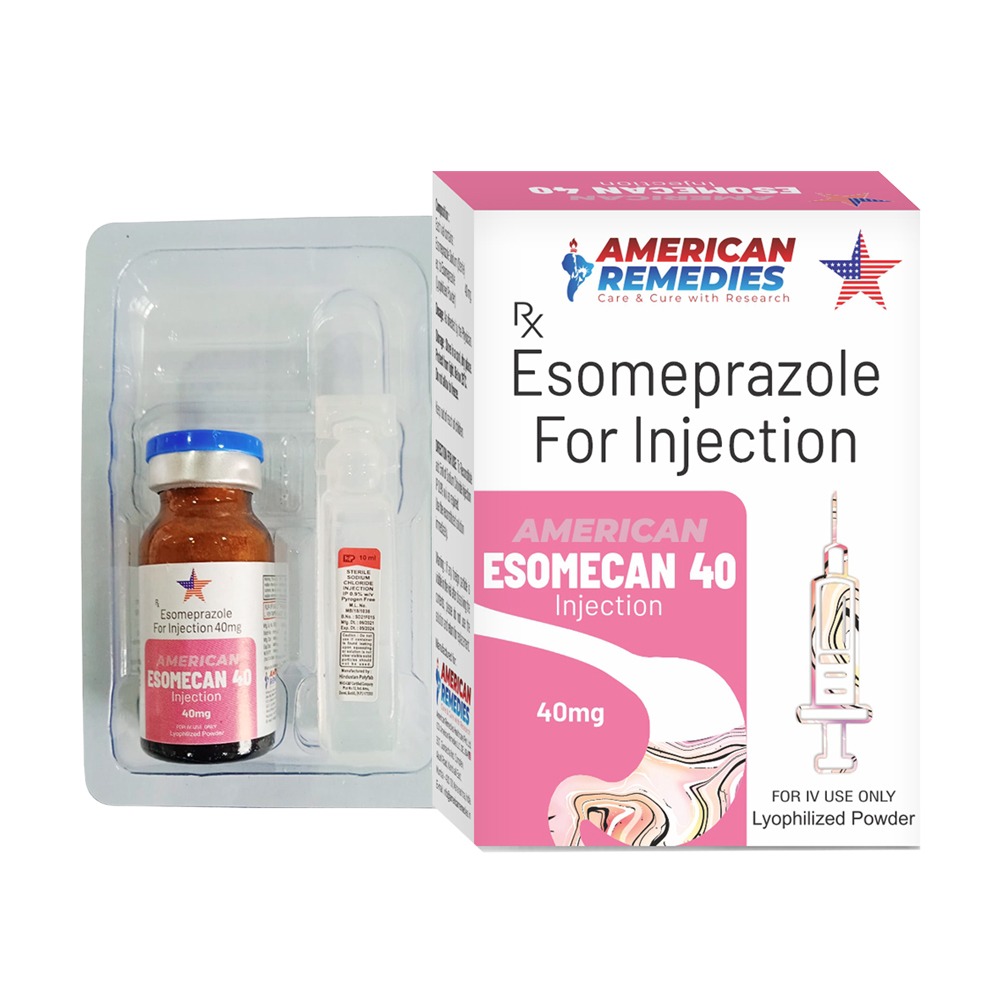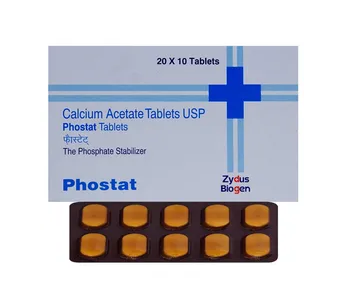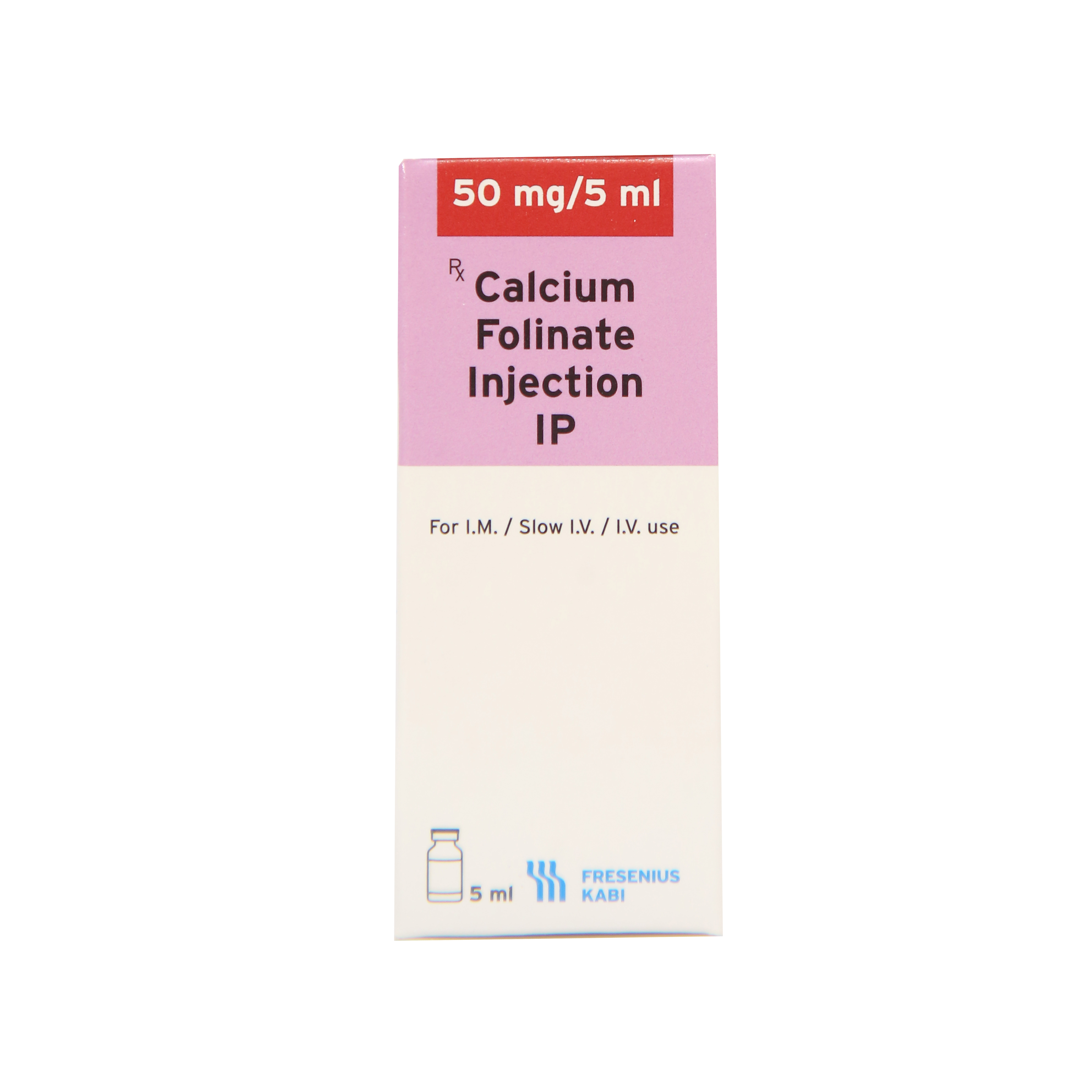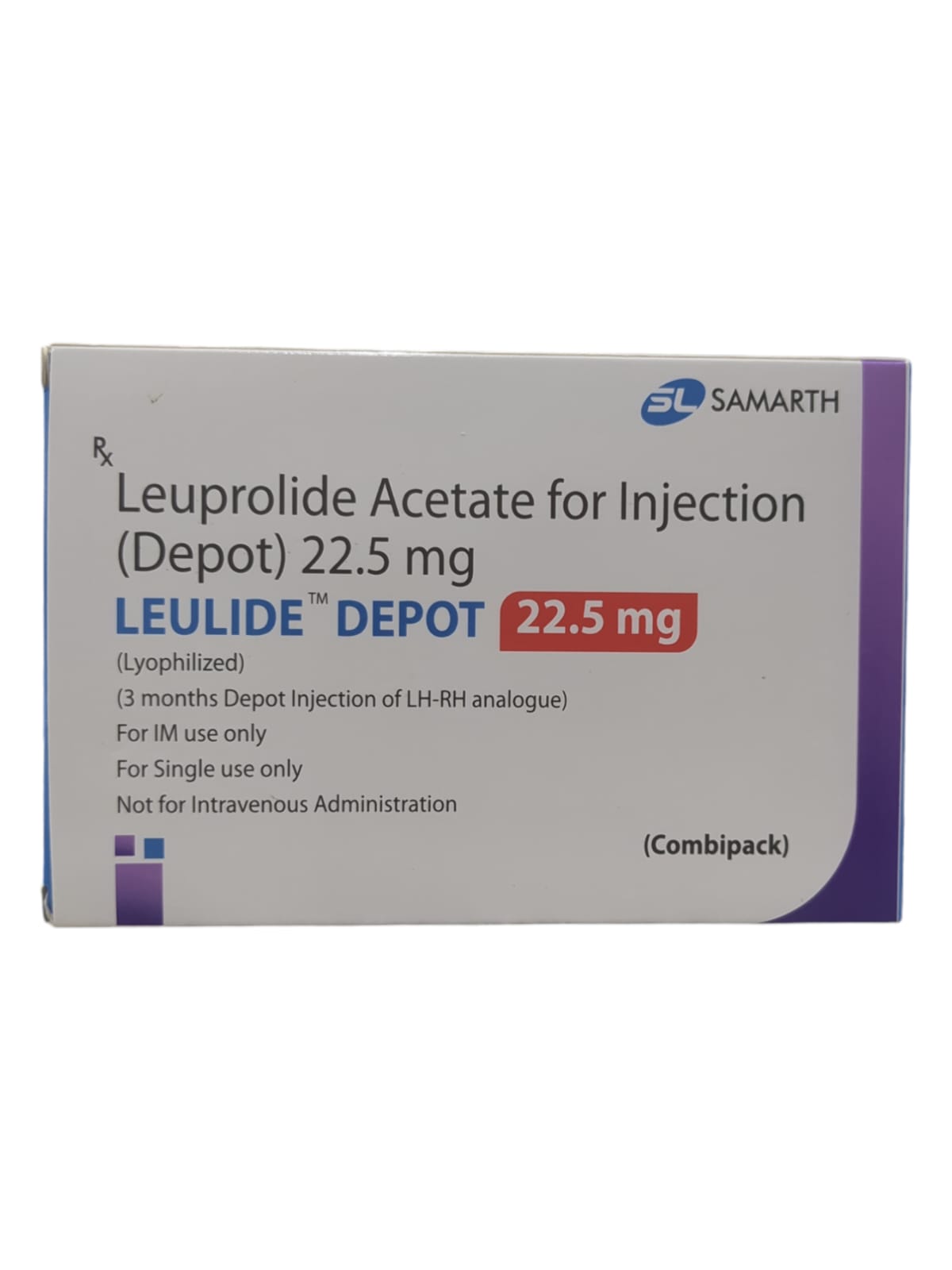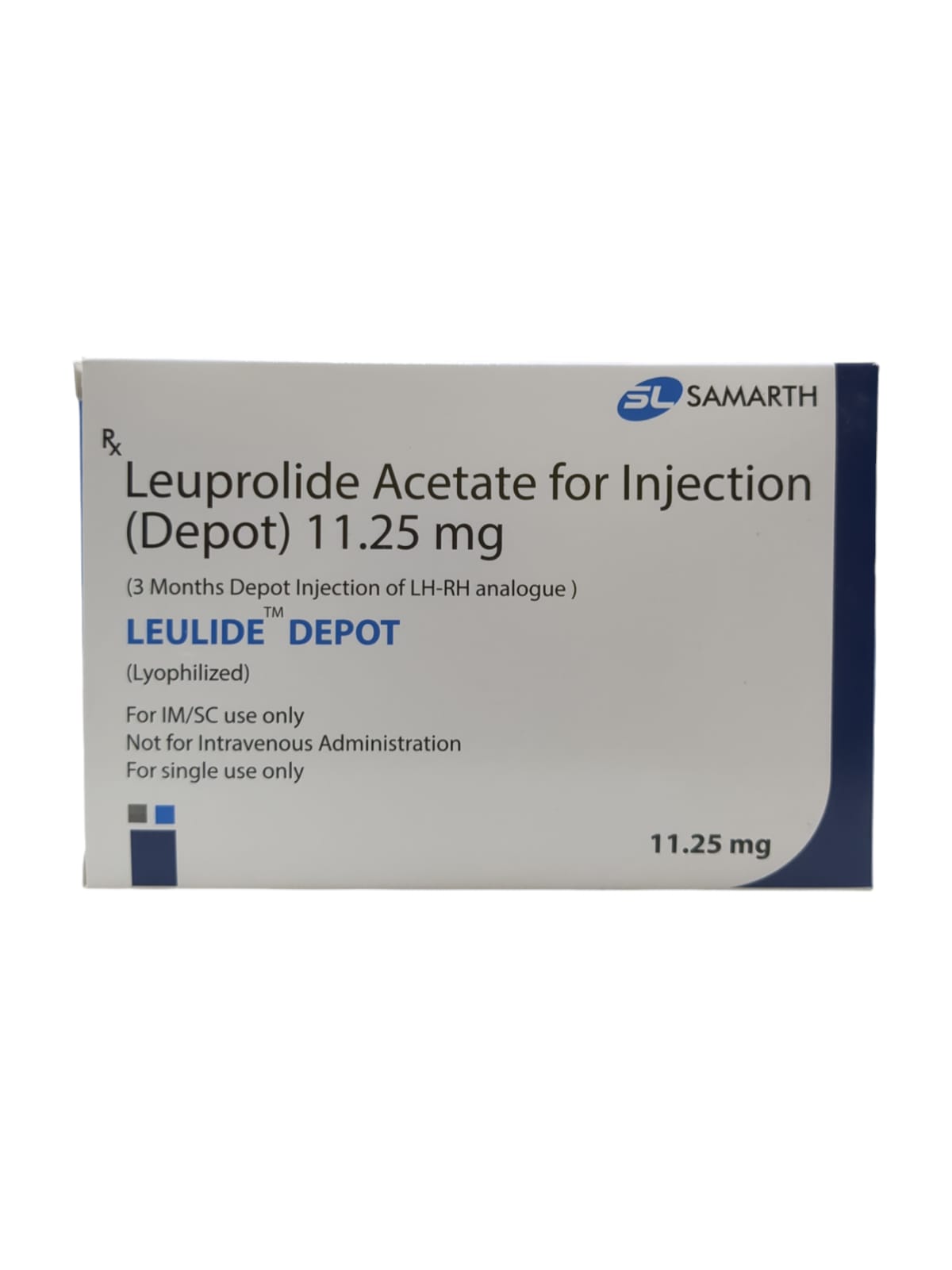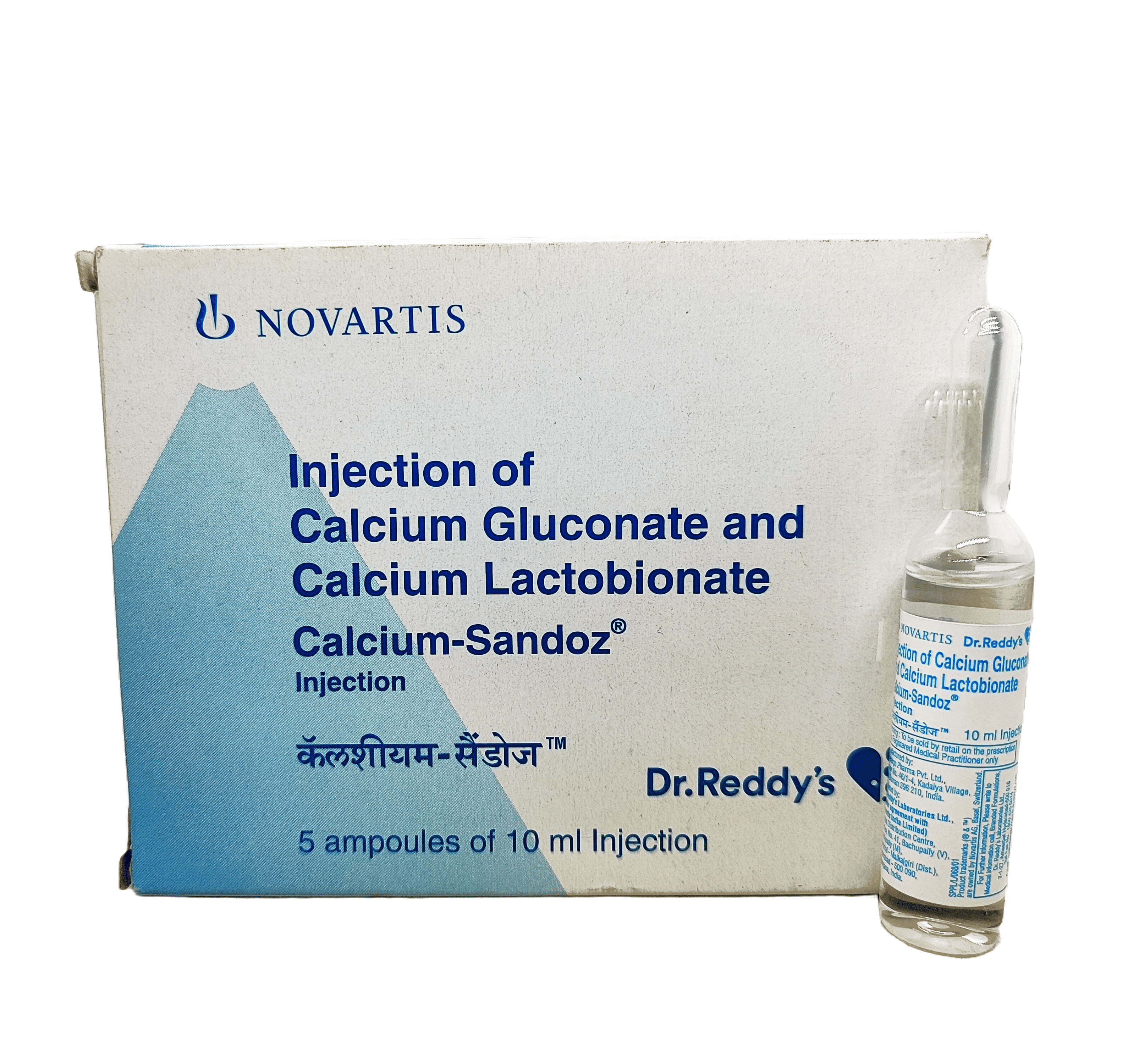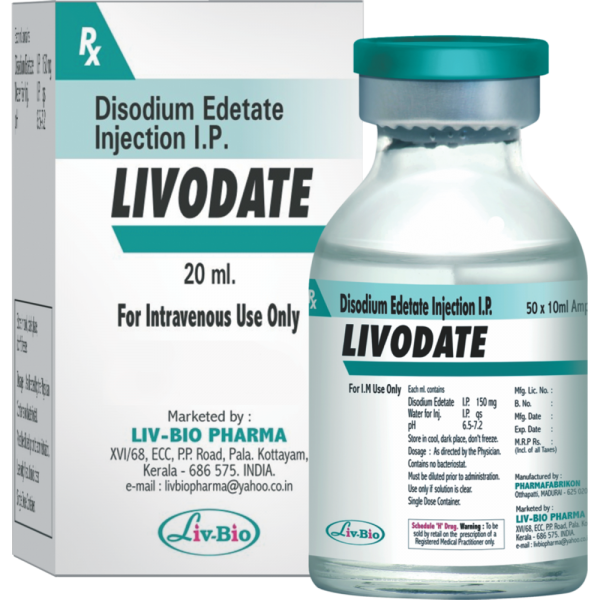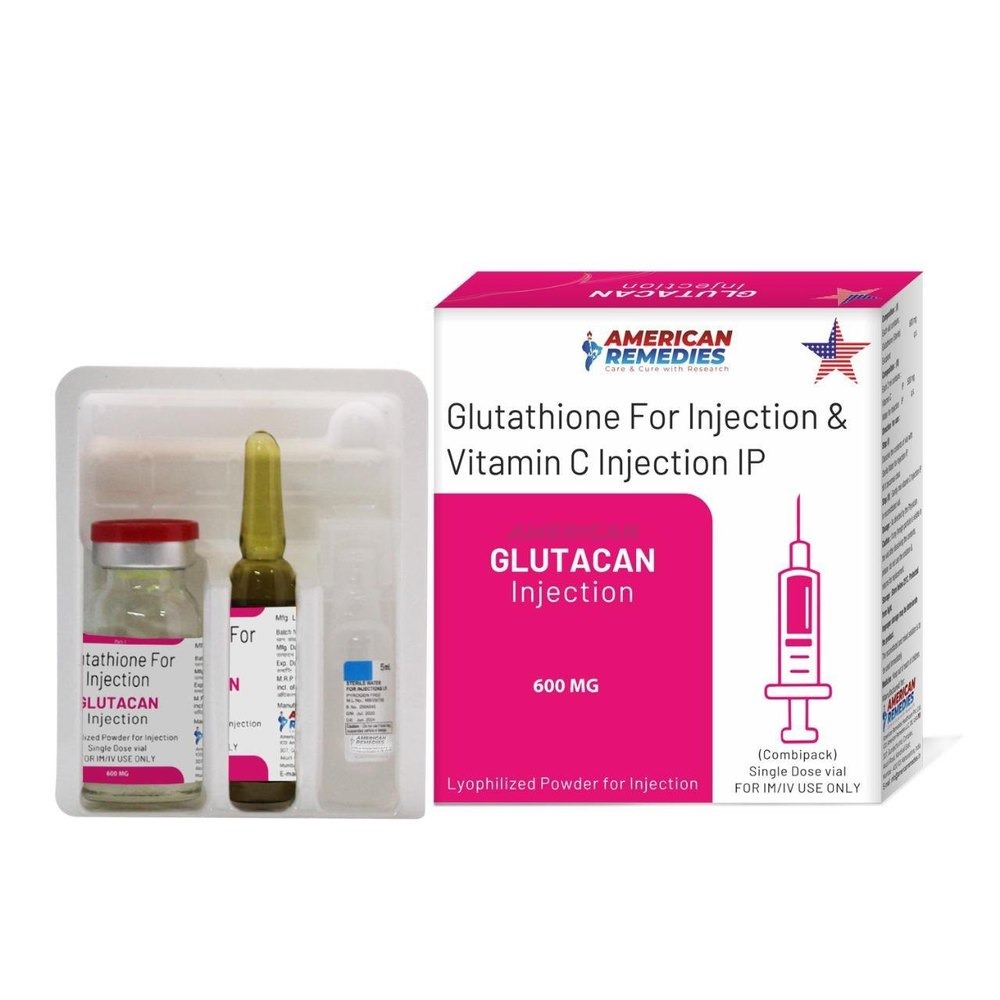Anti Cancer Medicine
Marketer
Samarth Life Sciences Pvt Ltd
SALT COMPOSITION
Leuprolide (22.5mg)
Salt Synonyms
Leuprorelin
Storage
Store in a refrigerator (2 - 8°C). Do not freeze.
Uses of Leulide Injection
Prostate cancer
Endometriosis
Uterine fibroids
Precocious puberty (premature puberty)
Female infertility
Product introduction
Leulide Depot 22.5mg Injection is used in the treatment of prostate cancer. It is also used to treat endometriosis (endometrium of the uterus grows excessively and causes symptoms like pain, heavy or irregular periods), uterine fibroids and central precocious puberty (very early puberty).
Leulide Depot 22.5mg Injection is given as an injection under the skin by a qualified medical professional. Your doctor will decide what dose is necessary and how often you need to take it. This will depend on what you are being treated for and may change from time to time. You should take it exactly as your doctor has advised. Taking it in the wrong way or taking too much can cause very serious side effects. It may take several weeks or months for you to see or feel the benefits but do not stop taking it unless your doctor tells you to.
Decreased libido, increased sweating, fatigue, muscle weakness, and hot flashes are some very common side effects of this medicine. The long-term use of medicine may cause weakened bones and a reduction in bone mineral density. You are advised to take vitamin D and calcium supplements while taking this medicine. It might cause menstrual periods to stop for a period of 7- 12 weeks, inform your doctor if menstrual bleeding continues even during the treatment.
Before taking this medicine, inform your doctor if you have a history of drinking alcohol, smoking, and osteoporosis. Many other medicines can affect, or be affected by, this medicine so let your healthcare team know all medications you are using. This medicine is not recommended during pregnancy or while breastfeeding. The use of effective contraception by both males and females during treatment is important to avoid pregnancy.
Side effects of Leulide Injection
Most side effects do not require any medical attention and disappear as your body adjusts to the medicine. Consult your doctor if they persist or if you’re worried about them
Common side effects of Leulide
Decreased libido
Testicular atrophy
Increased sweating
Fatigue
Muscle weakness
Erectile dysfunction
Hot flashes
How to use Leulide Injection
Your doctor or nurse will give you this medicine. Kindly do not self administer.
How Leulide Injection works
Leulide Depot 22.5mg Injection reduces the amount of sex hormones (testosterone in men and estrogen in women). It works by decreasing the blood levels of testosterone in males. Leulide Depot 22.5mg Injection also acts by shutting off hormones made by the ovaries (female reproductive organs), so the estrogen (one of the hormones that causes females to have periods) level is lowered.
Send Message
